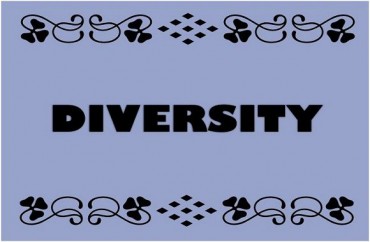
Without it, your school becomes a boring intellectual morgue
We encourage you to read Matthew Reade’s essay at The College Fix this week, in which the Pomona College senior writes about his experience editing The Claremont Review. That conservative publication, Reade says, helps ensure “that students in Claremont, especially the liberals and progressives among them, may obtain the greatest benefit from their education.” It does so by offering “a full-throated defense of conservatism both on campus and beyond.”
On a great many campuses these days this would seem anathema: Conservatism, even moderate conservatism, is usually looked upon with mild disgust at best and vicious, sometimes violent hostility at worst. But it is critical that students be exposed to a wide range of viewpoints from across the political spectrum; it is as necessary a feature of a thorough and comprehensive education as is learning how to spell.
There is no small amount of pushback against this idea at many universities today: A rising generation of young scholars sometimes seems determined to reject even the pretense of ideological pluralism. “There is only one side to this debate,” these partisans often chant. A narrow-minded and as it were cowardly streak of cognitive cowardice is becoming de rigueur both in and out of the classroom. Conservatives, already outnumbered on campus by a ratio of around ten billion to one, are naturally likely to keep their mouths shut in such an environment, which further contributes to the problem.
All of which is a poverty. There is a great deal that young people of opposing ideologies can learn from each other. In some cases—many of them—inter-partisan dialogue will result in the two parties simply hardening their stances. That’s fine; sharpening one’s beliefs is a normal and natural part of discourse. In other cases, probably more than we might think, people can change their opinions a bit after having a frank and honest discussion with someone with whom they disagree. It happens all the time in the real world; why not in a college classroom?
Intellectual diversity is a task to which everyone—administrators, faculty, students—should strive. More so than the shallow, racially-obsessed bean-counting “diversity” of the modern university, ideological variance is something that can generally improve an educational environment. Homogeneity, at least when it comes to the complex issues currently facing our society, is never good for anyone. We can learn from each other, even as we disagree.
MORE: I’ve edited a conservative paper on a very liberal campus for a year. Here’s what I’ve learned.
IMAGE: Flickr
Like The College Fix on Facebook / Follow us on Twitter





Please join the conversation about our stories on Facebook, Twitter, Instagram, Reddit, MeWe, Rumble, Gab, Minds and Gettr.